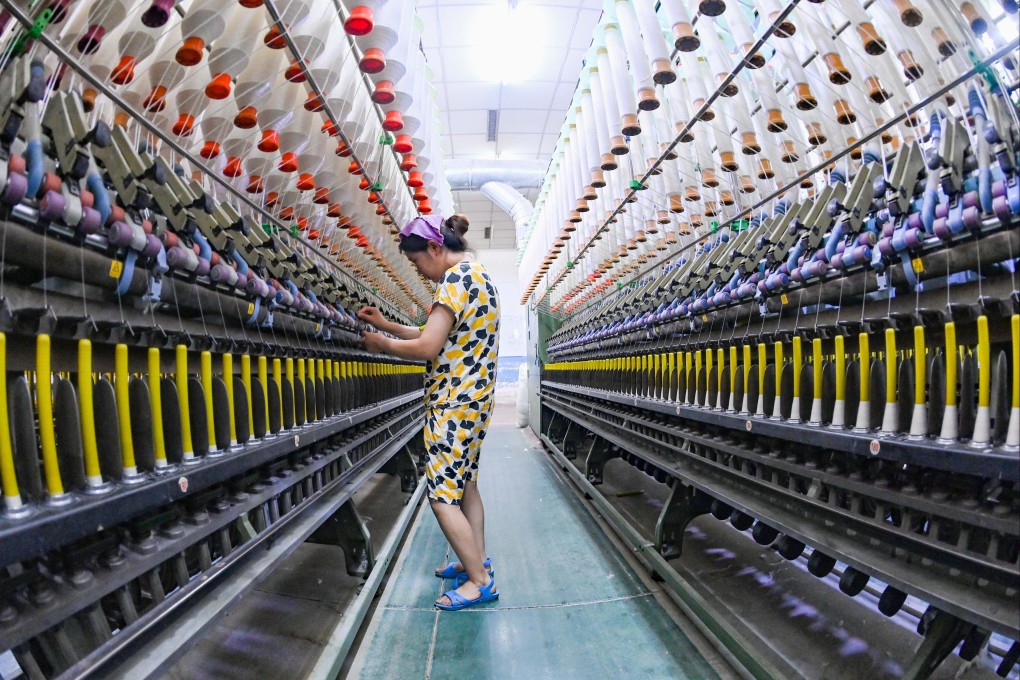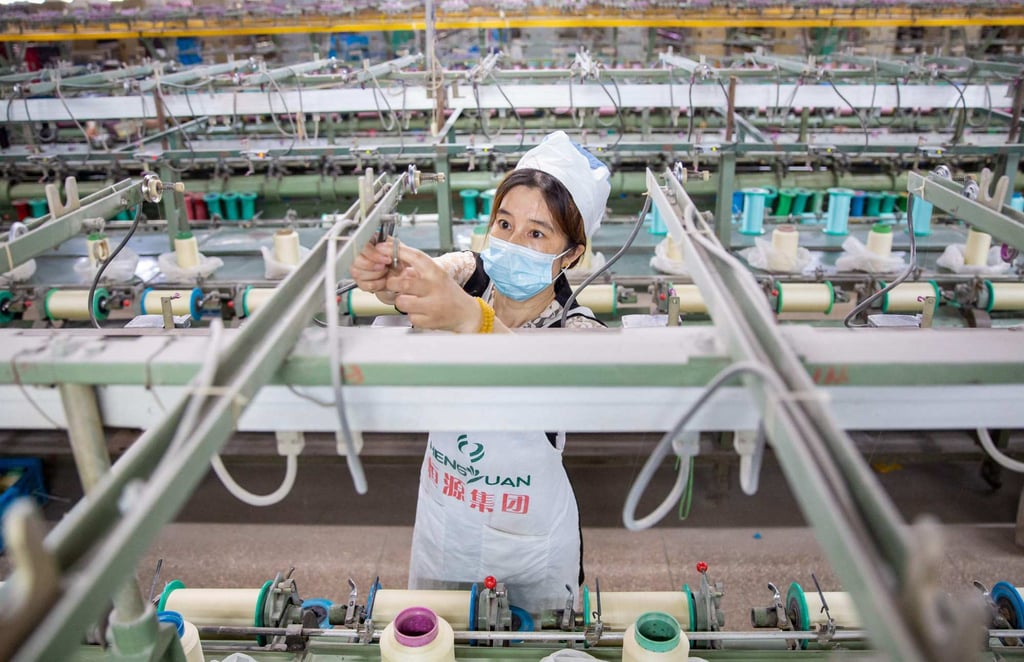Climate change: Hong Kong-based Esquel opens green unit as textile firms aim to make China-made products sustainable
- The industry’s green movement is in its infancy, but has great potential given global concerns and China’s decarbonisation policy, industry analysts say
- The market potential for sustainable fashion is huge, but greater industry coordination is needed to drive efforts, they say

Hong Kong and mainland Chinese companies in the textile and garment industry are trying to burnish their image and do right by the environment by adopting more sustainable practices.
The industry’s green movement is still in its infancy, but has great potential given global environmental concerns and China’s decarbonisation policy drive, industry analysts said.
This month, Hong Kong-based Esquel Group, one of the world’s largest garment producers and suppliers, opened up a green manufacturing park in Guilin, Guangxin province, to showcase its innovations and efforts in sustainable supply.
The company demonstrated what it calls waterless dyeing technology. The process reduces water use in the overall dyeing process by 95 per cent while eliminating the use of salt and reducing energy consumption by almost 40 per cent, according to the company.

Esquel has been working with research institutes across China to develop cotton with high resilience against climate change and diseases, and has also invested around US$5 million in sustainable projects related to clean energy and smart manufacturing through its newly established Esquel Ventures.